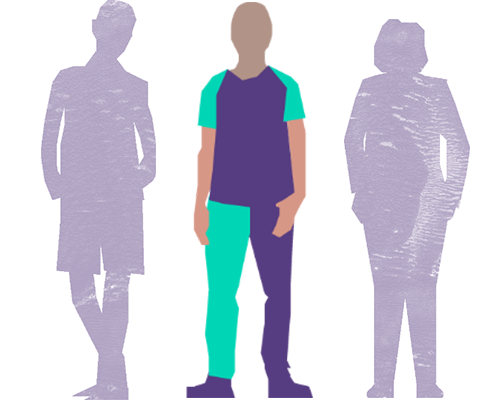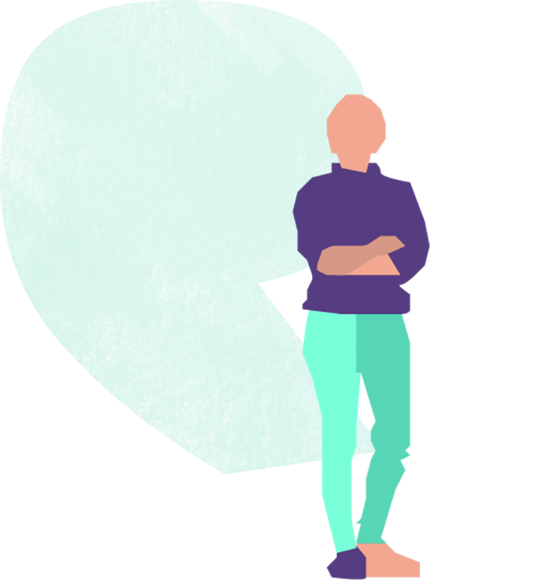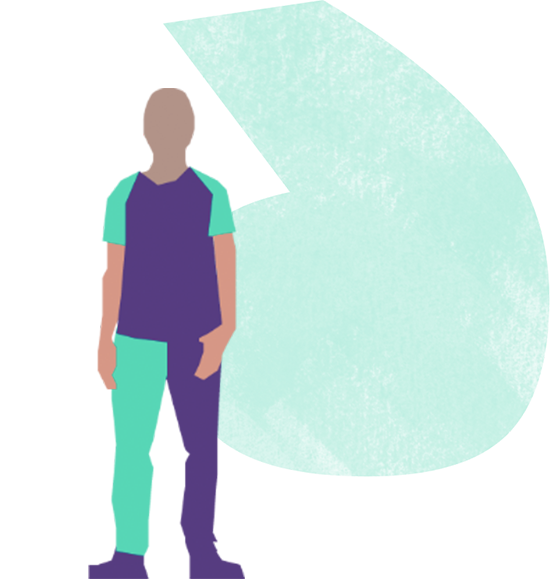Empathize
You’re already a support person to someone.

Your role as a
Support Person
Chances are you already know someone impacted by domestic abuse. Whether you’re a friend, family member, neighbour, colleague or classmate, you’re in this person’s natural support network.
Consider the
Trade-offs

There are many trade-offs people consider when deciding what actions to take in a relationship where they are experiencing abuse. One of the best ways to acknowledge those trade-offs is by respecting the person’s choice and finding ways to support them with the issues that are of most concern for them.

CONSIDER THE TRADE OFFS
Leaving isn’t always safe.
Everyone wants a safe and healthy relationship but sometimes the cost of leaving feels too high. Leaving can actually be the most dangerous time, either because their partner is dangerous or because they’re facing homelessness, deportation, loss of status or financial catastrophe if they choose to leave. Leaving doesn’t make the abuse stop.
CONSIDER THE TRADE OFFS
Social Stigma is real.
There are many social stigmas around domestic abuse that can make someone fear they’ll be shamed for their experience, not believed, or not be supported for their decisions.


CONSIDER THE TRADE OFFS
Shame is real too.
Whether this person is the one experiencing or using the abuse, the cost of reaching out for help or changing their behaviour comes with a tradeoff. By asking the right questions, you can offer support to people using abuse too, and help understand the root cause leading them to abuse.
